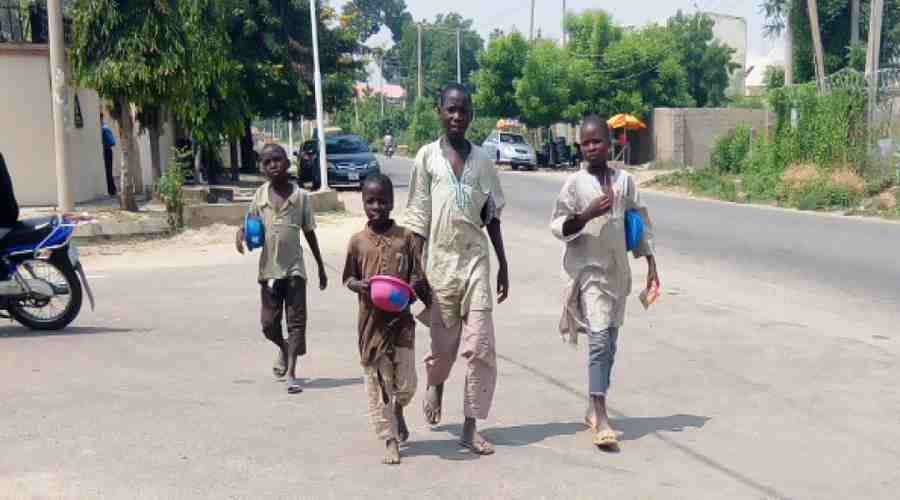Forty female secondary school girls in Kano and Jigawa states, who failed to obtain the required credits in either West African Examination Council (WAEC) or National Examination Council (NECO), to enable them further their education, have been trained and empowered to establish 39 Early Child Development (ECD) schools as a measure of encouraging early child education as well as to address issues surrounding unemployment.
Speaking to participants during a workshop organized by the development Research and Projects Centre (dRPC) with support from FORD foundation tagged ‘Investment on community based ECCD in Kano and Jigawa; review of success and challenges’, dRPC’s Education Program Officer, Zubaida Onono Abdulsalami, revealed that the project under Partnership to Strengthen Innovation and Practice in Secondary Education (PSIPSE) is aimed at addressing the plight of the young girls that couldn’t further their education due to either financial constraints or failure to meet up with tertiary institution’s requirement, with a view of transforming them to entrepreneurs, inspirational teachers, community assets and advocates of children aged 0-5 school enrollment.
Unemployment: Experts urge youths to acquire skills
Chelsea reach agreement to sign Ecuadorean youngster Paez
She explained that in the last four years of the programme, over 2000 children that couldn’t be enrolled were successfully enrolled in the established EDC by the girls in their communities, adding that some of the trained girls were also able to further their education at tertiary level without much stress.

 Join Daily Trust WhatsApp Community For Quick Access To News and Happenings Around You.
Join Daily Trust WhatsApp Community For Quick Access To News and Happenings Around You.


